The 6th Brazil-Germany Dialogue on Science, Research and Innovation
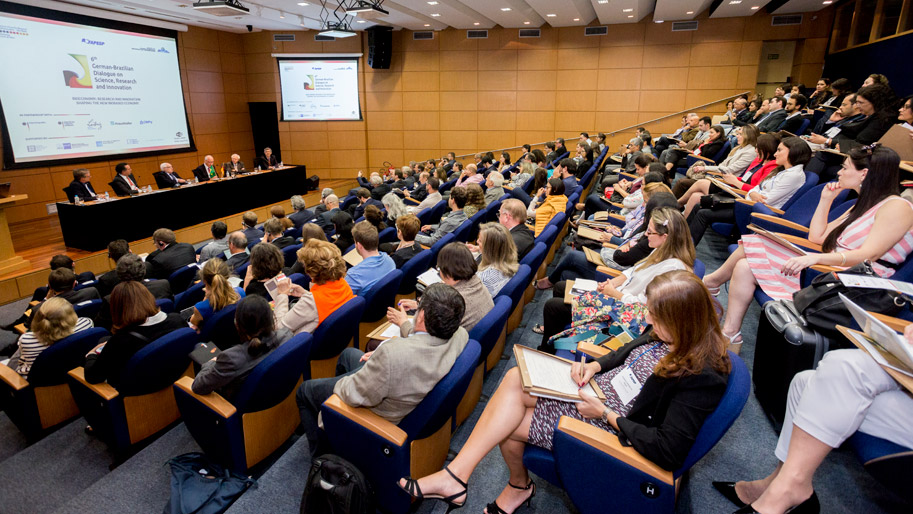 © Felipe Mairowski
© Felipe Mairowski
The event was organized by the DWIH São Paulo, by the Fapesp, and by the MCTIC, bringing together renowned researchers, decision-makers, and representatives of companies from both countries.
Obviously, Germany and Brazil consider the bioeconomy to be one of the key sectors for the sustainable future of humanity and they invest heavily in basic and applied research in this area, including joint projects. Therefore, it was no happenstance that the 6th Brazil-Germany Dialogue on Science, Research, and Innovation, in November 2017, dealt with the subject “Bioeconomy: Research and Innovation shaping the new bio-based Economy”.
The event was organized by the German Centre for Research and Innovation São Paulo (DWIH São Paulo), by the Research Foundation of the State of São Paulo (Fapesp), and by the Ministry of Science, Technology, Innovation, and Communication (MCTIC), bringing together renowned researchers, decision-makers, and representatives of companies from both countries.
At the time of the scientific encounter in São Paulo, the German and Brazilian governments also met in Campinas for the purpose of establishing a timetable to give life to the strategic partnership in bioeconomics, signed in 2015. Both the researchers in São Paulo and the government representatives in Campinas were optimistic about the rapid evolution of the cooperation in this scientific and technological knowledge-intensive area, which is highly promising for sustained development in economic and environmental terms.
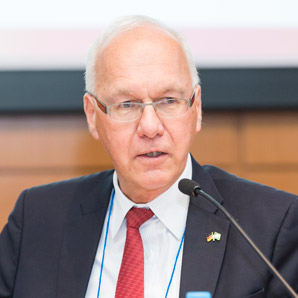
"For many years, Brazil has enjoyed competitive advantages in the area of bioeconomics: it has risen to the top with its agriculture, basically through research. And it is likely that the country will do the same, now, with the pharmaceutical sciences, energy savings, the field of cosmetics, and the food industry."Georg Witschel, German Ambassador to Brazil
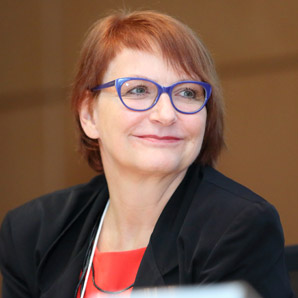
"Research and development are the tools that aid society in finding adequate solutions for such challenges as climate change and hunger. And the key to speeding up this process is cooperation."Martina Schulze, Director of DWIH São Paulo
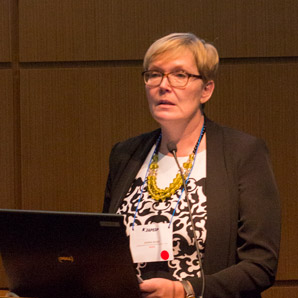
"In Germany, bioeconomy strategies and policies comprise four distinct actions: ensure global nutrition, make agricultural production sustainable, utilize renewable raw materials in industry, and increase the use of energy from biomass."Andrea Noske, Head of the Bioeconomics Division of the BMBF
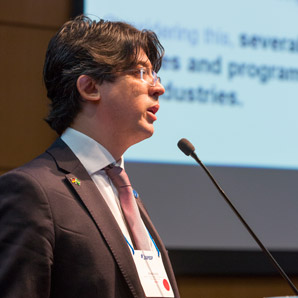
"For Brazil, the primary strategy is biomass. The key concepts of the plan are found in the use of biomass and the Nation’s biodiversity for developing new bio-business and bio-products, and in safe water power and food, as well as scientific and business excellence, sustainable development, and circular economy."Bruno Nunes, General Bioeconomics Coordinator of the MCTIC
